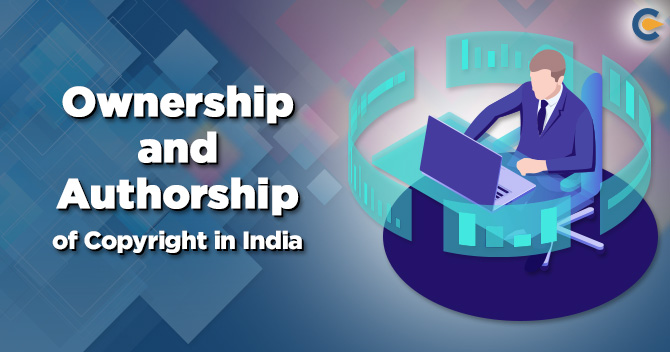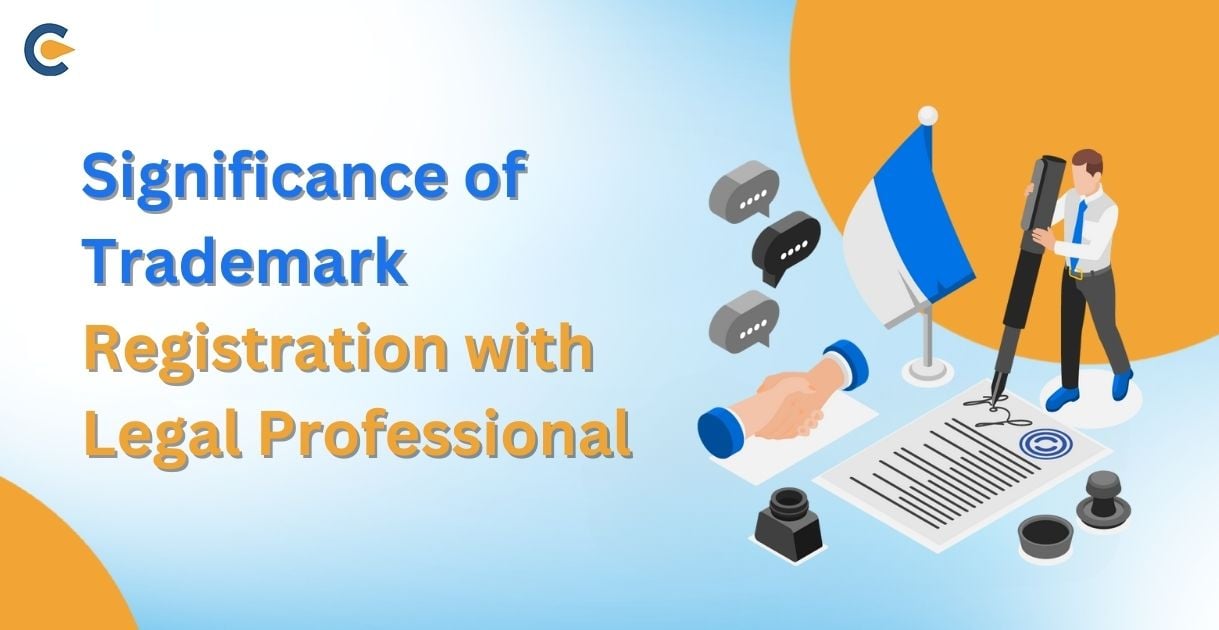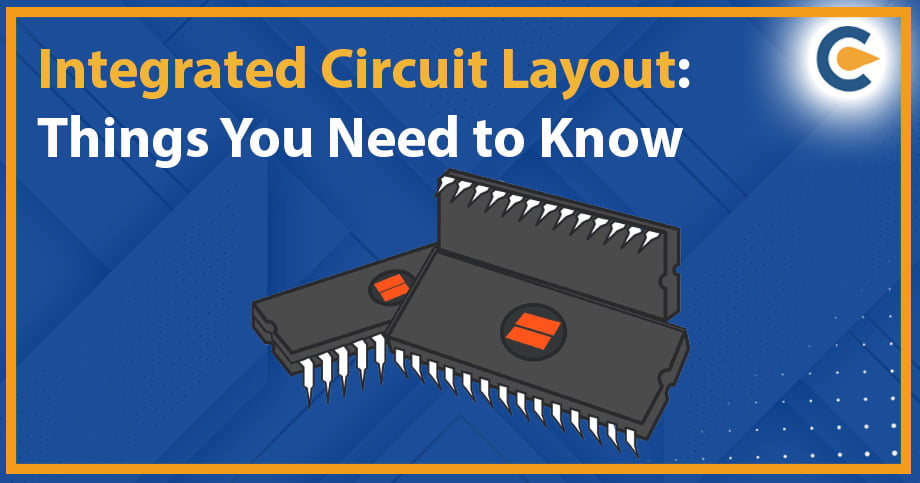The owner of Copyright has no domination in the subject matter of the creation. Other people have the liberty to make or produce the same result from the ‘common source,’ provided that they do so independently, and the work is ‘original.’ Another person can originate from another work in the same general form, provided he/she does so from the resources available to him/her on its own and makes the work originated by him/her as a work of his own by his/her labor and industry. Copyright law does not prevent any person from taking away what is useful from an original work and create a new work with some improvements and additions in it.
The ownership in Copyright has totally different implications as contrasted against ownership in physical materials. It is very well known to all that the author of a work is the first owner of a work created by him/her. But this prefix of “first” before “owner” generated many exceptions. But the exceptions related to the rule of the first owner do not diminish the genuine importance of ownership of the author of Copyright, which is in the interest of the advancement of knowledge and progress of the society. The Ownership and Authorship of Copyright are two distinct concepts. In the article, we will discuss in detail the concepts of Ownership and Authorship of Copyright in India.
What is an Ownership and Authorship of Copyright in India?
The terms Ownership and Authorship of Copyright are explained as follows:


Ownership of Copyright
Ownership in Copyright is different from other ownership in physical material in which work is fixed. A person owning a book may not be the owner of the Copyright of the book. As per the general rule, the author is the first owner of Copyright of a work. The Copyright Laws provide certain exceptions to the general rule mentioned above, which are necessary to clearly examine the two different concepts of Ownership and Authorship of Copyright in India. To clear the above point, if a painting, photograph, or a portrait is made at the instance of any other person for a valuable consideration, such other person is the first owner of the Copyright in such a case.
The creator/inventor of an idea of creation/invention is also not the true owner of Copyright in work, unless he/she is the creator/inventor of the work. Therefore, any person is having any brilliant idea, and he/she communicates the idea to a dramatist who later on goes on to make a play on the same idea, the originator/creator of idea has no right in the product of the dramatist, as a Copyright subsists in a tangible form and not in a mere idea.
Section
17 of the Copyright Act, 1957, provides for
provisions of acquiring Ownership of Copyright. The Ownership right is
available only if the person qualifies the provision of the Copyright Act,
1957. In other laws prevailing in India, no other remedy is available
to counter the violation of Ownership of Copyright.
Section 17 of the Copyright Act, 1957,
provides for the provision that the first owner of Copyright is defined to be
the author of the work. The definition of the author is defined separately
under the Copyright Act, 1957, to clearly explain the distinction
between the Ownership and Authorship of Copyright in India. The
definition of author related to various works is provided under the Copyright
Act, 1957.
Authorship of Copyright
An author is an individual who writes, collects, composes, and draws the work in issue, although the whole idea of the work was suggested by some other person. The rationale behind the concept of an author is that the originator of a brilliant idea is not the Copyright owner in the work, unless he/she is also the creator of the work. The nationality of an author is not the prime factor to determine the right of an author to a Copyright under the Copyright Act, 1957. Though, the existence of Copyright has certain essential requirements under Section 13 (2) of the Copyright Act, 1957.
The essential requirements under Section 13(2) of the Copyright Act, 1957 are as follows:
- Published work
The work should be published in India, or when publication is done outside India, the author of the work, at the date of publication, must be a citizen of India, if alive at that date, or if dead, at the time of the death of the author.
- Unpublished work
As per Section 7 of the Copyright Act, 1957, where the making of the work was extended for a considerable time period, the author of a work, should be deemed to be a citizen of, or domiciled in, the country of which he/she was a citizen or wherein he/she was domiciled for any substantial part of that time period. The unpublished work does not include the architectural works.
- Architectural work
The architectural work of the author should be located in India only then the work will be considered as a subject of copyright protection under the Copyright Act, 1957, in India.
On the other hand, as a rule, the author is the first owner of the Copyright in the work. The Copyright Act, 1957, under Section 2(d) defines the author of various works as follows:
- In the case of literary or dramatic works, the author of the work is the author,
- In the case of musical works, the composer of the work is the author,
- In the case of an artistic work other than the photographs, the artist of the work is the author,
- In the case of a photograph, the person who takes a photograph is the author,
- In the case of cinematographic films, the producer of the work is the author,
- In the case of sound recordings, the producer of the work is the author, and
- In the case of literary, dramatic, musical, or artistic works, which is computer-generated, the person who causes the works to be created is the author.
As per Section 2 (ffa) of the Copyright Act, 1957, a “Composer” in relation to a musical work means any person who composes the music irrespective of the fact that whether he/she records the musical works in any form of graphical notation. Though, the definition of the composer may not enable him/her to prove his/her authorship except the composition of musical work is recorded in any form of musical notation or otherwise. As per Section 2 (p) of the Copyright Act, 1957, a “Musical work” means a work comprising of music and contains any graphical notation of such work but does not include any words or actions intended to be spoken, sung or performed with the music.
Read our article:Legal Action Against Copyright Infringement Under the Copyright Act
What are the statutory exceptions to the rule of Ownership and Authorship of Copyright in India?
Under Section 17 of the Copyright Act, 1957, the author of a work is the first owner of Copyright. This rule under Section 17 of the Copyright Act, 1957 regarding the Ownership and Authorship of Copyright, is subject to certain statutory exceptions.
The statutory exceptions related to Ownership and Authorship of Copyright in India are as follows:


Literary, dramatic, artistic work
Under Section 17 (a) of the Copyright Act, 1957, where any literary, dramatic or artistic work is made by an author in the course of his/her employment or service by the owner of a magazine, newspaper or similar periodical under a contract of service or traineeship, for the purpose of publishing the work of an author in a newspaper, magazine or any such periodical, etc., the owner, in the absence of any prior agreement to the contrary, will be the first owner of the Copyright of the work of the author. The rule, as mentioned above, applies so far as it relates to the publishing of the work in the magazine, newspaper, etc. or the reproduction of the work for the purpose of work being so published. But in all other cases, the author will be considered the first owner of the Copyright.
Photograph, painting, portrait, engraving or cinematographic film
As per Section 17 (b) of the Copyright Act, 1957, the cases where a painting or portrait is drawn, or where a photograph is taken, or an engraving or cinematographic film is made for a valued consideration at the instance of any such person, in the absence of any prior agreement to the contrary, the person who paid valuable consideration will be the first owner of the Copyright.
Where, however, any person does any of the things as mentioned above in the course of his/her employment or service by the owner of a newspaper, magazine or similar periodical under a contract of service or traineeship, for the purpose of publishing the work in a newspaper, magazine or any such periodical, etc., the said owner of the magazine, newspaper, etc., in the absence of any prior agreement to the contrary, will be the first owner of the Copyright.
Work made in the course of employment
The Copyright Act, 1957, as per Section 17 (c)[1], provides that in the case where a work is made by the author in the course of employment under a contract of service or traineeship, the employer or proprietor (not being proprietor or owner of a magazine, newspaper or similar periodical), in the absence of any prior agreement to the contrary, is the first owner of the Copyright.
Lectures delivered in public
As per Section 17 (cc) of the Copyright Act, 1957, in the case where any person has delivered any speech or address in public, that same person delivering the speech or address will be the first owner of the Copyright. In case if the speech or address is delivered on behalf of some other person, such other person will be the first owner of Copyright. The same situation is also in the case if any person who delivers the speech, is employed by any other person, who arranges such speech or address or on whose behalf or premises the speech or address is delivered will be the first owner of the Copyright. In the case of Nicols vs. Pitman {[1884] 26 Ch D 374}, the students were held not permitted to publish the notes of lectures which they attended.
Government work
Under Section 17 (d) of the Copyright Act, 1957, in the case of any government work, in the absence of any prior agreement to the contrary, the government will be the first owner of the Copyright.
Work made on behalf of a public undertaking
As per Section 17 (dd) of the Copyright Act, 1957, in the case where any work is made or first published by or as per the control or direction of any public undertaking, in the absence of any agreement to the contrary, such a public undertaking will be the first owner of Copyright.
Works of certain international organizations
As per Section 17 (dd) and Section 41 of the Copyright Act, 1957, in the case where any work of international organization is made, the international organizations concerned, will be the first owner of the Copyright.
What are the limitations on the rights of Ownership and Authorship of Copyright in India?
The limitations on the rights of Ownership and Authorship of Copyright in India are as follows:
- The rights of ownership in the Copyright can be transferred by license or assignment to any other person.
- The assignment of Copyright can be complete or partial and can be general or subject to certain limitations.
- After Copyright Assignment, the assignee becomes the owner of the Copyright, and all the rights except the moral rights become the exclusive rights of the assignee.
- An Individual can make single copies of the works protected by Copyright for private, personal, and non-commercial purposes, which also includes the use for the purpose of research.
- For backup purposes, copies of a computer program can also be made.
- The author of a work can give up all or any of the rights comprising the Copyright of the work by giving a notice in the form as prescribed to the Registrar of Copyrights.
Conclusion
The concept of Ownership and Authorship of Copyright in India is distinct. Each concept of Ownership and Authorship of Copyright in India attracts its own peculiar rights. There are cases where the Ownership and Authorship of Copyright is to the same person, i.e., the owner of a Copyright is also the author of Copyright. In other cases, the author may be different from the owner of Copyright. The first owner of a Copyright of a work is the author. There is a limitation to the right of an author where the author of a work is under a contract of service with an express agreement that reserved the ownership rights on the employer. Hence, the concepts of Ownership and Authorship of Copyright in India are not the same and should be thoroughly explored before going for Copyright protection of a work. The process of Copyright Registration is complex and time-consuming. We at Corpbiz have experts to assist you with the process of Copyright Registration in India. Our experts will help and guide you throughout the Copyright Registration process. Our experts will ensure the effective and timely completion of your work.
Read our article:Copyright Registration in India – Process, Requirements and Duration











